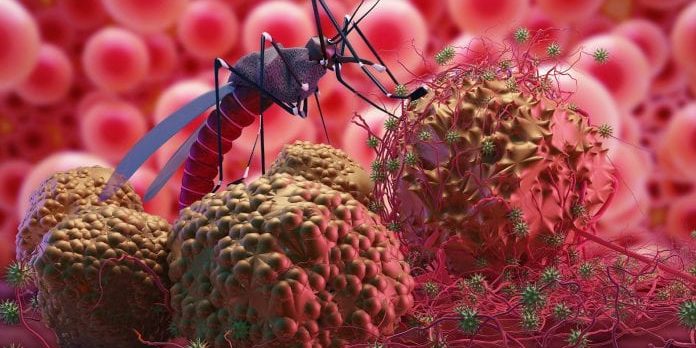The Centre for Research in Infectious Diseases (CRID) has been awarded a $3.7 million grant by the Bill and Melinda Gates Foundation for the detection of molecular markers of insecticide resistance in malaria vectors in collaboration with the Liverpool School of Tropical Medicine (LSTM).
The project which aims at developing fast and accurate tools for detecting resistance mechanisms in field caught mosquitoes is led by Prof Charles Wondji with a Cameroon-based team at the CRID and also a UK-based team at LSTM. As Prof Charles Wondji reveals, the goal is to detect the genetic variants driving resistance to main insecticide classes in malaria vectors to enable the design of field applicable diagnostic tools.
‘Efforts to reduce Malaria burden rely extensively on the control of mosquitoes using insecticides. However, insecticide resistance observed in mosquito species that transmit this disease, is currently threatening our ability to control malaria in Africa. To prolong the continued effectiveness of control methods, it is necessary to better understand how these mosquitoes acquire resistance to insecticides including novel ones that are gradually been approved by the World Health Organisation (WHO)’ Prof Charles Wondji reiterates.
Considering that, the current insecticide resistance status of malaria vectors is measured via bioassays, which is a labour-intensive method requiring the collection of hundreds of mosquitoes, rearing in insectary and testing on several replicates of adult mosquitoes, this new funding will be a leverage for Professor Wondji and his team. The team will leverage on their expertise and recent success in detecting first DNA markers of metabolic resistance in malaria mosquitoes to elucidate key mechanisms of resistance and develop simple assays to help detect and track the spread of resistance and assess their impact on control intervention and malaria transmission in this new project.
This project will be greatly supported by an excellent international collaboration between CRID and LSTM while working with other partners in Ghana, Cameroon and Uganda.






